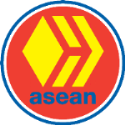Have you ever wondered how it feels when we are enthusiastic about learning, but there are no books available as a source of knowledge? Or when we wish to go to school, but not a single teacher is present to provide knowledge of our path?
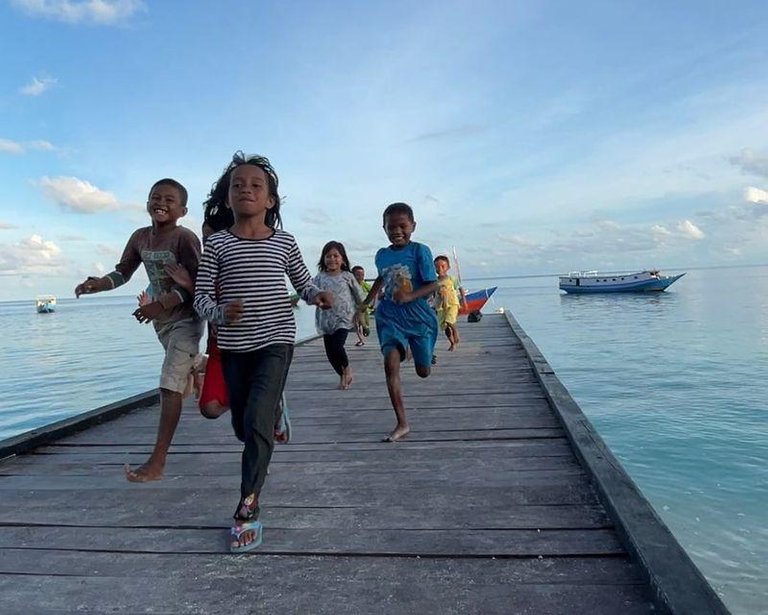
This being might be difficult for some of us to fathom, above all those living in cities with well literacy access and adequate internet connections.
Having said that, it is a stark reality experienced by the children on Runduma Island, in the Tomia District of Wakatobi Regency, Southeast Celebes, in the eastern part of Indonesia.
The cluster of islands, Wakatobi formerly known as the Tukang Besi archipelago, was officially formed on December 18th, 2003, after previously being one of the sub-districts in Buton warrant.
UNESCO designated the Wakatobi National Marine Park as one of the Earth's Biosphere Reserves in 2012.
With this designation, Wakatobi became the 598th Biosphere Reserve on Earth, spread across 117 countries. The Wakatobi Biosphere Reserve is also the 8th Biosphere Reserve in Indonesia.
The appellation was supposed to bring prosperity to the local communities through sustainable development. Wakatobi's 3.4 million acres of islands and waters were declared a national park in 1996, known for its diverse coral gardens.
The renowned 'underwater paradise,' impresses with its astonishing natural wealth. It houses diverse marine and coastal species, including 590 fish species, 396 coral reef species, 22 major and 11 associate mangrove species, and 9 of Indonesia's 12 seagrass species.
Wakatobi is a sanctuary for rare and protected species like hawksbill turtles, green turtles, and Napoleon fish.
Sad to say, the benefits and positive impacts have not been fully felt by the community, most of all in Runduma Village located in the Tomia sub-district.
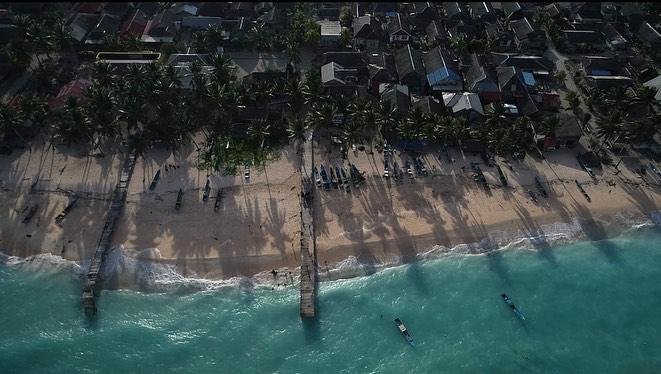
Due to that, a Non-Government Organisation named Barakati Indonesia, which focuses on serving in the outlying areas of the Indonesian Republic (NKRI), would organize a dedication program entitled Village Development Expedition (VDE) #3 from 24 September to 7 October 2023.
The dedication program plan encompasses various activities, such as people-centered development, where each volunteer would live with foster families.
Additionally, there would be general health check-ups, fisheries potential management, environmental action, and other activities within three divisions: education, creative economy division, and health division.
I've been selected as one of the fully funded delegates for this program, and I'd be participating in the education division. The program I am offering is a library with an all-age concept, catering to the diverse needs of the community.
I hold that education could be considered a failure when a farmer's child no longer wants to farm, and a fisherman's child stops going to the ocean.
I as well believe that education has the power to transform a nation into a progressive and globally competitive entity.
In the context of Runduma, copious with marine biodiversity and natural resources, proper management hasn't been fully achieved due to severely limited access to education and literacy. In fact, it's almost non-existent.
I had to interview Ade Setyaningrum Sutrisno, an education volunteer on Runduma Island in 2022.
Arum revealed significant challenges faced in the education sector within this island. She highlighted various critical issues that demand attention in Runduma.
Beginning with complicated access is the main obstacle. There are limitations in transportation (only 2-3 times a month), and the travel distance takes 9-13 hours by fishing boats.
The without of telecommunication networks makes it challenging to access information.
As well, the lack of access to relevant books further complicates students' learning process. This is a crucial issue that needs to be addressed on Runduma Island – the scarcity of books in the library.
Due books must have a significant role in providing literacy access to the children on the island, as they lack the opportunity to access search engines like Google.
By no means for children but it is also essential to fill the library with relevant books, such as those covering marine biodiversity, coconut cultivation, and other topics that align with the local needs and potentials.
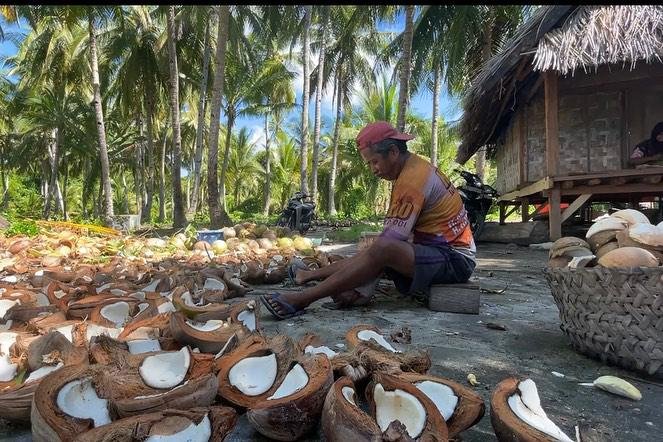
The second place, the issue related to teachers being trapped in metrocentricity also needs immediate attention. Numerous teachers prefer to teach in larger cities rather than living and teaching in Runduma.
Based on Arum's account, despite the availability of recent data showing the presence of teachers with Civil Servant Apparatus (ASN) and honorary status to teach on Runduma, not all of them are actively teaching.
There are several teachers assigned to Runduma. For the elementary level, there are 4 teachers with ASN status and 4 honorary teachers.
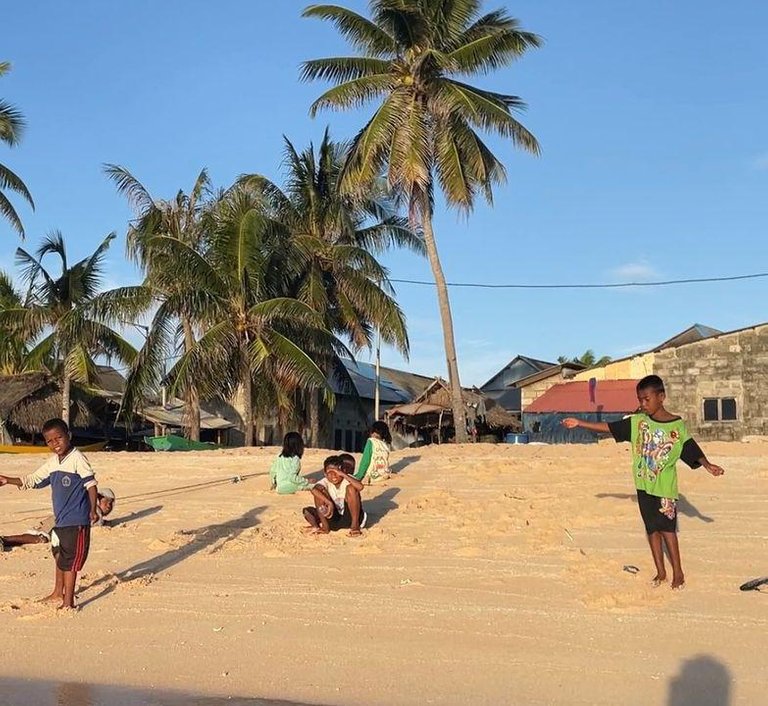
For the junior high level, there are 5 teachers with ASN status, 1 administrative staff, and 6 honorary teachers. For the senior high level, there are 5 teachers with ASN status and 3 honorary teachers.
There are rumors that some teachers with ASN status, who should've been assigned to Runduma, prefer to teach in the capital of Wakatobi, Wangi-Wangi.
This situation is exacerbated by the fact that Runduma is dubbed the Nusa Kambangannya Wakatobi (Nusakambangan is a prison island to punish high-profile criminals in Cilacap) or even referred to as the Dumping Ground for New Civil Servants.
Runduma has one kindergarten (TK), one elementary school (SD), one junior high school (SMP), and one senior high school (SMA). Among these schools, the SMP is the most active with reasonably adequate facilities.
Unfortunately, the TK, SD, and SMA have almost no well-functioning teaching and learning activities.
As a consequence, issues such as school dropout rates and other negative impacts have become serious concerns. Education must be taken seriously in this case to improve literacy. Well-literate rates have positive impacts on competence, quality, and human resources' overall capabilities.
With increased literacy on Runduma Island, other challenges such as economic, environmental, and tourism issues could be gradually addressed over time.
Establishing a library accessible to all ages is indeed the most reasonable step to take at this moment.
Last but not least, training local youths, including the remaining teachers, to become library curators with guidance from the Barakati Indonesia team, would ensure the sustainability of this program.
This program is quite relevant, given that the majority of the population is of productive age where Runduma has a population of 557 people, with 27.57% in the 0-14 age group, 64.39% in the 15-60 age group, and 8.04% over 65 years old (2021 BPS-Statistics Indonesia data).
By doing so, not just would we address the urgent need for education and literate in Runduma, but we would also empower the local community to actively participate in managing and maintaining the library, leading to positive and lasting changes in the island's development [mhg].

